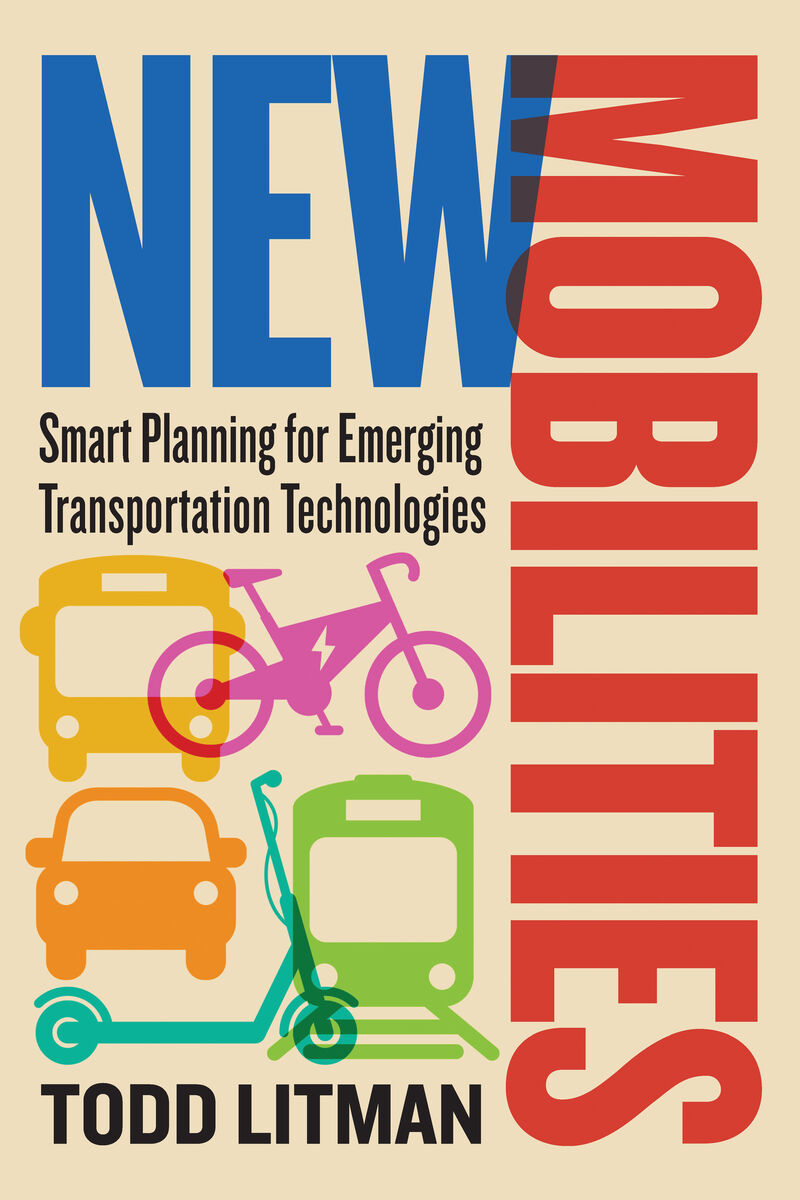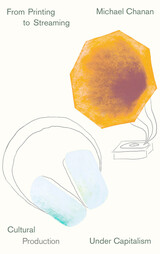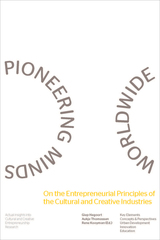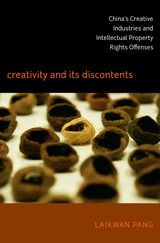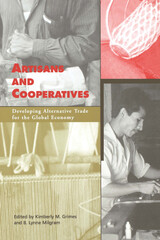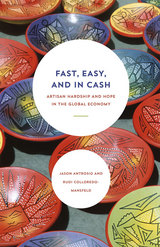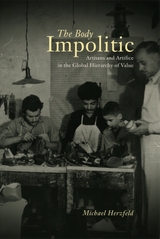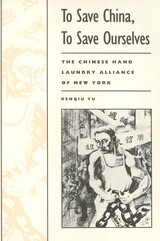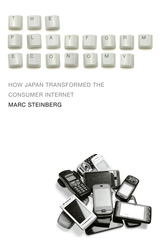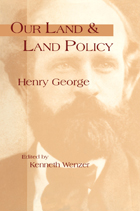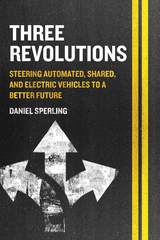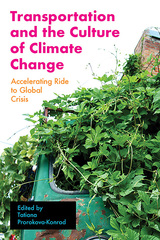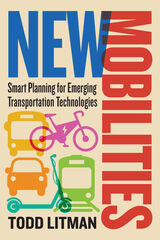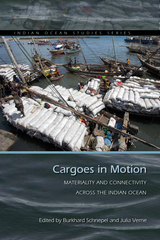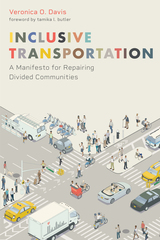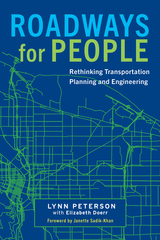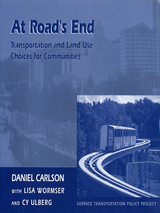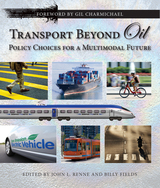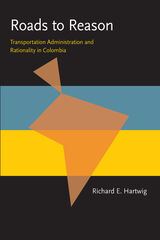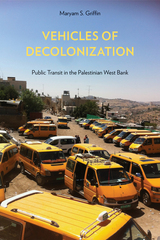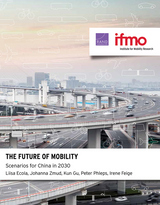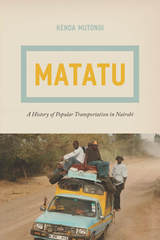New Mobilities: Smart Planning for Emerging Transportation Technologies
Island Press, 2021
eISBN: 978-1-64283-146-7 | Paper: 978-1-64283-145-0
Library of Congress Classification HE151.L497 2021
See other books on: Litman, Todd | Planning | Sustainability & Green Design | Transportation | Urban & Land Use Planning
See other titles from Island Press
eISBN: 978-1-64283-146-7 | Paper: 978-1-64283-145-0
Library of Congress Classification HE151.L497 2021
ABOUT THIS BOOK | AUTHOR BIOGRAPHY | REVIEWS | TOC | REQUEST ACCESSIBLE FILE
ABOUT THIS BOOK
New transportation technologies can expand our world. During the last century, motorized modes increased our mobility by an order of magnitude, providing large benefits, but also imposing huge costs on individuals and communities. Faster and more expensive modes were favored over those that are more affordable, efficient, and healthy. As new transportation innovations become available, from e-scooters to autonomous cars, how do we make decisions that benefit our communities?
In New Mobilities: Smart Planning for Emerging Transportation Technologies, transportation expert Todd Litman examines 12 emerging transportation modes and services that are likely to significantly affect our lives: bike- and carsharing, micro-mobilities, ridehailing and micro-transit, public transit innovations, telework, autonomous and electric vehicles, air taxis, mobility prioritization, and logistics management. These innovations allow people to scoot, ride, and fly like never before, but can also impose significant costs on users and communities. Planners need detailed information on their potential benefits and impacts to make informed choices.
Litman critically evaluates these new technologies and services and provides practical guidance for optimizing them. He systematically examines how each New Mobility is likely to affect travel activity (how and how much people travel); consumer costs and affordability; roadway infrastructure design and costs; parking demand; land use development patterns; public safety and health; energy and pollution emissions; and economic opportunity and fairness.
Public policies around New Mobilities can either help create heaven, a well-planned transportation system that uses new technologies intelligently, or hell, a poorly planned transportation system that is overwhelmed by conflicting and costly, unhealthy, and inequitable modes. His expert analysis will help planners, local policymakers, and concerned citizens to make informed choices about the New Mobility revolution.
In New Mobilities: Smart Planning for Emerging Transportation Technologies, transportation expert Todd Litman examines 12 emerging transportation modes and services that are likely to significantly affect our lives: bike- and carsharing, micro-mobilities, ridehailing and micro-transit, public transit innovations, telework, autonomous and electric vehicles, air taxis, mobility prioritization, and logistics management. These innovations allow people to scoot, ride, and fly like never before, but can also impose significant costs on users and communities. Planners need detailed information on their potential benefits and impacts to make informed choices.
Litman critically evaluates these new technologies and services and provides practical guidance for optimizing them. He systematically examines how each New Mobility is likely to affect travel activity (how and how much people travel); consumer costs and affordability; roadway infrastructure design and costs; parking demand; land use development patterns; public safety and health; energy and pollution emissions; and economic opportunity and fairness.
Public policies around New Mobilities can either help create heaven, a well-planned transportation system that uses new technologies intelligently, or hell, a poorly planned transportation system that is overwhelmed by conflicting and costly, unhealthy, and inequitable modes. His expert analysis will help planners, local policymakers, and concerned citizens to make informed choices about the New Mobility revolution.
See other books on: Litman, Todd | Planning | Sustainability & Green Design | Transportation | Urban & Land Use Planning
See other titles from Island Press
